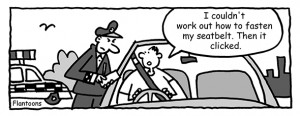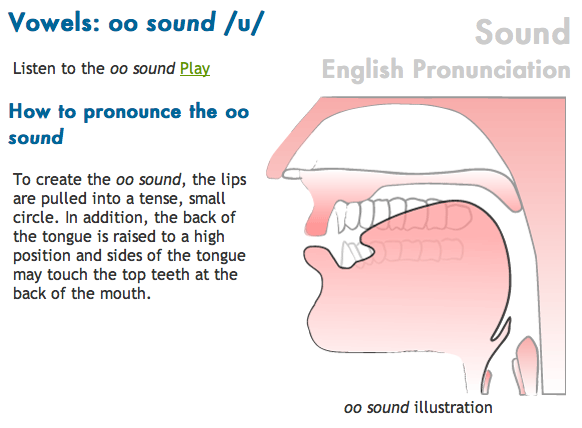Tips on making “small talk”
For the majority of my students, making “small talk,” or short conversation with strangers or co-workers, is the most difficult part about using their daily conversational English. Here are some tips that I have found useful when making small talk:
1) Talk about the weather.
This one seems to be common in most cultures. Some examples are,
- “The weather today is beautiful, isn’t it?”
- “I can’t believe how (hard it is raining/sunny it is/much snow is) outside!”
- “What are they calling for* tomorrow?/They are calling for* (rain/snow/sunshine/clouds) tomorrow.”
*A main point you should remember is to use the phrase “calling for.” This is another way to say “to forecast,” or “to predict.” In American English, it is much more common to use “calling for” than “forecast” (“forecast” seems too professional or proper in some cases). Try using this next time you talk about the weather.
2) Talk about the latest news
Here are some ways to bring up a topic:
- “Did you hear about….”
- “I can’t believe the news about….”
- “What do you think about….”(used often for discussing opinion)
- “Did you see….” (used often for news stories on TV)
3) Talk about something you have in common.
If you are talking to your co-worker, this is a great chance to talk about things you have in common. Some examples are:
- “What do you think about the new (item in the office)”
- “I love your shoes! Where did you get them?”
- “Did you watch the game last night? What did you think?” (for talking about sports)
- “Have you eaten at any good restaurants lately?”
The list could go on and on! I’ll update it again soon, but for now, try to use these phrases next time you’re making small talk! You might even be surprised that you’re talking too much at work!
I’d be happy to answer any questions, and leave your own tips if you have them!




